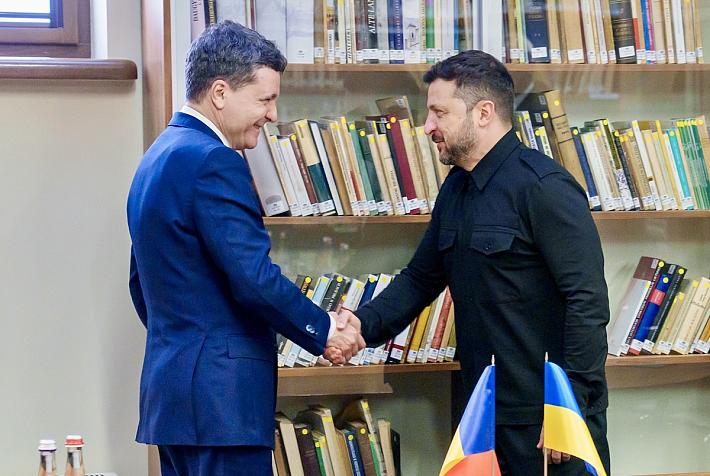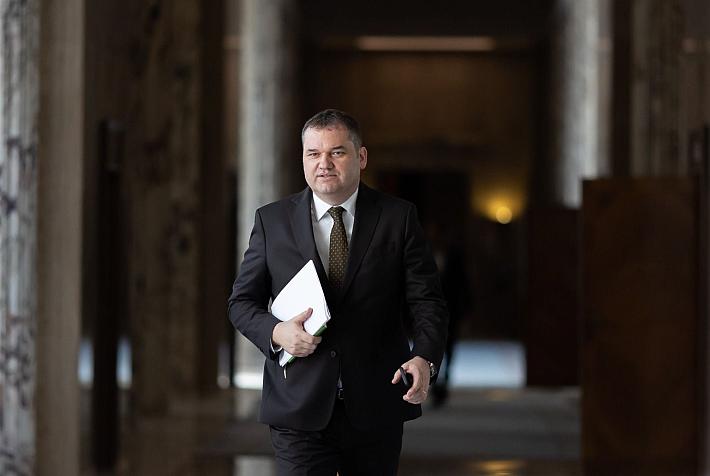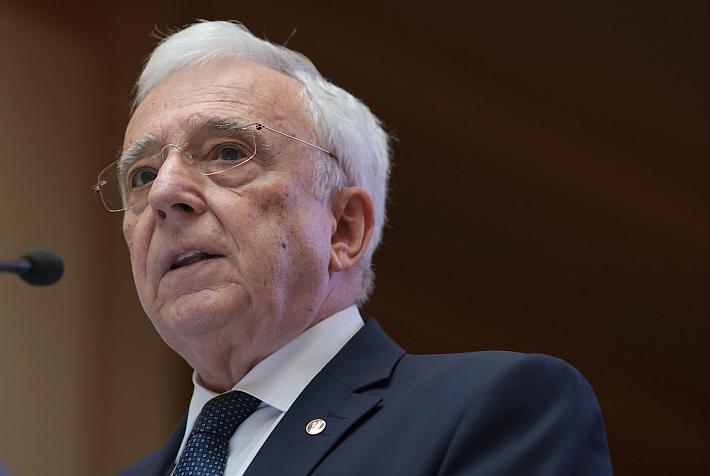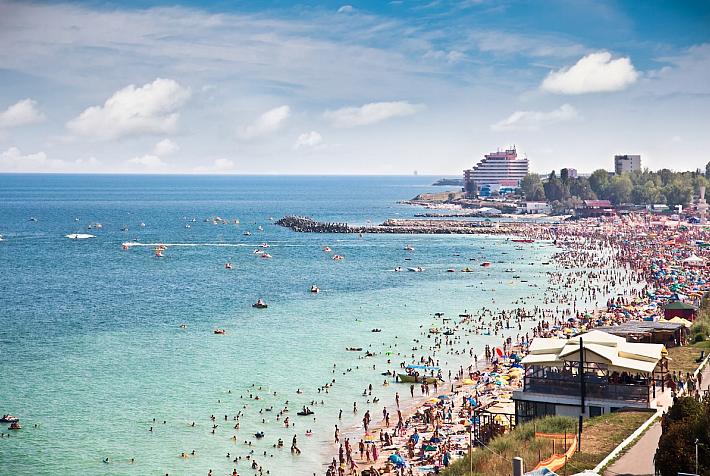Ethnic entrepreneurship in Romania: Turkish business development

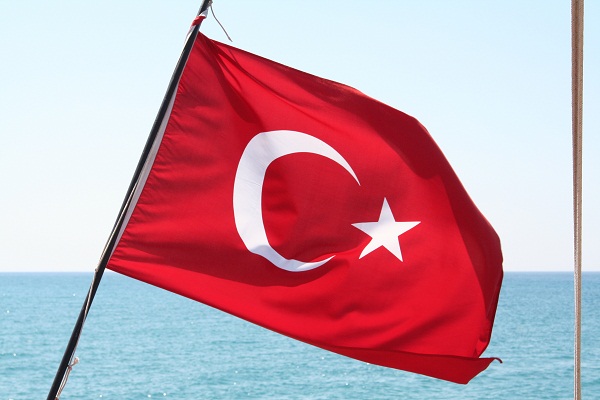
Romania, which displays an ethnic minority diversity, can offer a real and sustainable model of multicultural co-existence. Turkish entrepreneurs were part of an early wave of entrepreneurs in post-communist Romania, and may have played an important part in shaping business in the country.
By Irina Budrina
There is a long history of Romanian and Turkish relationships and Turkish entrepreneurs were among the first to develop business in Romania in the early 1990s. At that time Romania already had a significant Turkish community in Dobrogea, which served as a bridge between the two countries.
Turkish entrepreneurs have made a significant contribution to the transition to a market economy, as well as to economic recovery, in post-1989 Romania. A very important aspect of this is their support to creating an entrepreneurial culture in Romania, based on their successful integration in the Romanian economy whilst preserving their cultural identity and respecting the basic values of Romanian society.
Starting from the early 1990s, the phenomenon of immigration, mainly for economic and political reasons, contributed to an increase in multiculturalism in Romania. For a country such as Romania, which did not experience large scale immigration in the past, it has become important to prepare for the challenges brought by immigration and to anticipate possible tensions based on ethnicity and religion. At the same time, Turkish entrepreneurs offer a model of ethnic entrepreneurship able to increase opportunities for a more entrepreneurial Romania, combined with a model of successful integration of ethnic groups into its society.
Turkey provided entrepreneurs in two waves:
The first wave, arriving soon after 1990 (a few thousand), with modest capital, started small ventures (bakeries, textile boutiques, etc.). The firms’ financing was based on informal sources, such as personal savings, loans from family and friends, home equity loans. They sent positive feedback regarding the Romanian business environment, the civil society’s open attitude, the tolerance toward foreign entrepreneurs.
The second, more consistent wave, followed few years later, encouraged by the successes of the first wave of entrepreneurs. These were the so called Euro-Turks. Resident in the EU, these immigrant entrepreneurs were highly motivated, usually had previous experience in the venture field and more developed financial skills, which, combined with the Romanian market opportunities, have been key to their business success. As these entrepreneurs have got involved in a large variety of economic sectors (retail, wholesale, manufacturing, finance, services, etc.), they have brought about an important qualitative change in the Turkish entrepreneurship phenomenon in Romania.
The highest concentration of Turkish entrepreneurs can be noticed in Bucharest, the rest of being widely spread across mainly in urban areas (Constanta, Brasov, Pitesti, Craiova, Cluj, Timisoara). It is useful to underline that the small Turkish companies established all over the country, including in rural areas, were a sign of successful break-out strategies and also a proof of high tolerance and acceptance on by the Romanian population.
As a result, Romania has become the largest recipient of Turkish direct investment in this region. Turkish entrepreneurs do not discriminate on ethnic grounds when hiring: The majority of the personnel they hire are not Turkish. This open attitude offers the chance to strengthen communication and other forms of interaction with the majority of the population.
The integration of Turkish entrepreneurs in civil society is made smooth by networks of several professional associations, ethnic and religion-based organizations with strong connections at national and international level.
The Turkish Businessmen Association (TIAD) is one of the most dynamic organizations. It is involved in supporting the economic activities of its members in the 'Romanian friendly environment.'
An intense cooperation was established between TIAD and the two leading minority organizations (the Democratic Union of Turkish-Muslims Tartars in Romania and the Turks’ Democratic Union in Romania) in order to support social, religious and cultural projects concerning the whole Turkish community. Cultural events have been organized in close cooperation with other ethnic organizations and the Department for Inter-ethnic Relations, aiming to enhance unity, peace and stability among minorities.
A subtle factor impacting Turkish entrepreneurship in Romania is religion. Even if they belong to different main religious denominations, Romania and Turkey generally show little differences with respect to people’s opinions on religious beliefs and practice. Religious freedom in both Romania and Turkey is a constitutional right and the relations are generally amicable between different religions. However, international studies indicate that a greater religious freedom exists in Romania, which can positively influence the entrepreneurial decisions.
The positive impact of ethnic entrepreneurship, especially in the urban areas, with a predominantly external orientation, consists of social bonds in a cultural network, which create flexible ways to attract personnel and capital, the potential of organizing businesses at the interface of own and host cultures and the capacity to generate market niches for specific cultural goods. It also brings an important contribution to reducing social exclusion and raising living standards in ethnic groups. Moreover, when ethnic minorities and ethnic entrepreneurs concentrate in particular localities, they can influence the development of local economies as a whole and the standard of living within them.
The smooth integration of the Turkish community, in general and that of Turkish entrepreneurs, in particular, despite different traditions and religious background, is a successful example. Turkish entrepreneurs have not encountered serious barriers in Romania as compared to other EU countries.
Romania is becoming increasingly attractive for the Turks settled for decades in Western Europe as well, and this can determine a growing share of Turkish capital as well as a raising the quality of entrepreneurial culture in the Romanian economy.
Irina Budrina, Irina.budrina@romania-insider.com






